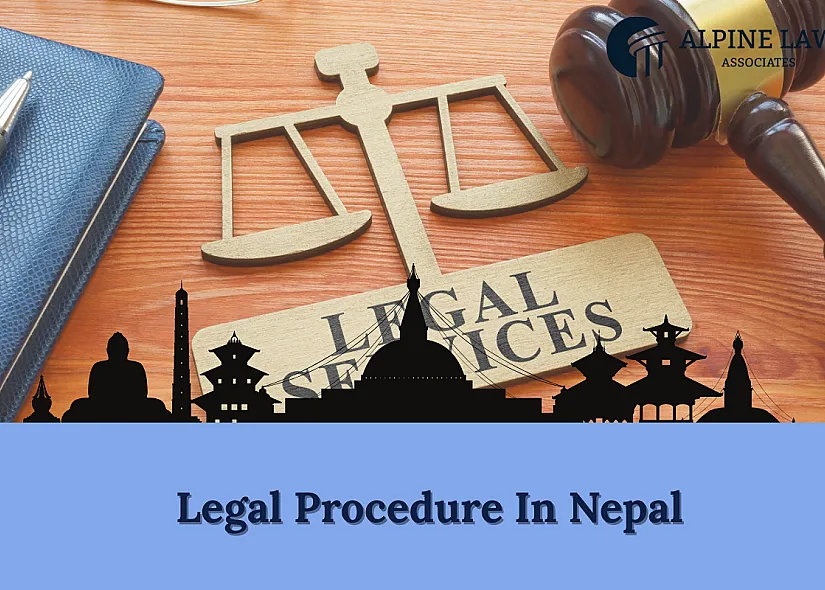Basic Principles of Evidence Law in Nepal
Evidence law ensures that judicial decisions are based on fair and logical assessment of facts. In Nepal, the foundational principles include relevance to the matter in issue, the best evidence rule, the exclusion of hearsay, the burden of proof, and the doctrine of estoppel. These guide the courts in evaluating what kind of evidence is admissible and how it should be assessed. Grounded in both ancient and modern legal traditions, these principles aim to maintain justice, fairness, and reliability in legal proceedings.



-thumb_big.webp)

-thumb_big.webp)
-thumb_big.webp)